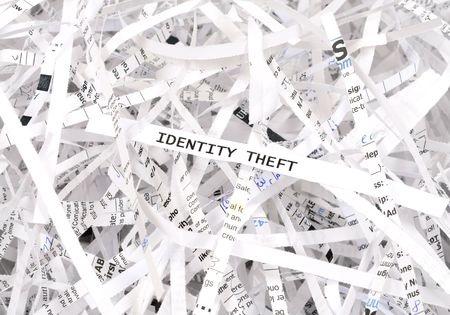In this first installment of a three-part series, we’ll be looking at steps you can take to protect your identity.
Identity fraud by the numbers
Defined as the unauthorized use of another person’s personal information for illicit financial gain, identity fraud comes in many forms, from the simple use of a credit card to actually taking over or opening accounts in another person’s name. Statistics show there’s no question that identity fraud is on the rise and its impact is significant:
- The average financial loss per incident per each identity stolen is nearly $5,000.
- In 2013, the total financial loss due to identity theft is estimated at $21 billion; only three years ago, that number was $13.2 billion.
- In 2012, 5.26 percent of adults in the U.S. were affected by identity fraud. This increase was attributed to jumps in the two most severe types of fraud, new account fraud and account takeover fraud.
- Nearly 100 million Americans have their identifying information put at risk of theft each year due to government and corporate database loss or theft.
What you can do to improve your offline security
Even with the growing use of the Internet, identity thieves still frequently commit their crimes using offline tactics. Here are some important tips that can help you protect your personal identifying information:
Shred documents: Take the time to shred documents that contain your personal information. These include bank account statements, pay stubs, bills, credit card offers and anything with your financial information on it. Buy a shredder that cuts documents into confetti rather than strips, since an enterprising thief may take the time to reassemble strips of paper. Remember that recycling is not any safer than your curbside trash, so shred anything you want to recycle.
Destroy old photo IDs: Although a photo ID by itself may not be enough for a thief to steal your identity, it could be used to get around fraud-prevention measures. Even your height, weight and date of birth can make you vulnerable in the wrong hands. Destroy your old security badges from employers, college ID cards and any other photo IDs that you don’t currently need.
Protect your Social Security Number: This is the most important information to keep safe, since it’s so often used in finance-related activities and transactions. Keep these tips in mind to protect your Social Security Number:
- Even though you may be asked to supply your number, it may not be an absolute requirement. If landlords, schools, utility companies or other non-government or non-banking entities request it, ask if it’s absolutely necessary that you provide it. Ask if a driver’s license number is acceptable instead.
- Never read your Social Security Number aloud in public, either in person or on the phone. If you must verify your identity with the requesting party, ask if there is any other information that can be used to do so.
Keep an eye on your purse or wallet: This may seem simple, but losing track of your wallet or purse is one of the easiest ways to become vulnerable to identity theft. Unless it’s unavoidable, leave your Social Security card, credit cards, passport and birth certificate at home when you go out. And when you are out, don’t turn away from your purse or wallet for a second if it’s in a shopping cart or on a checkout counter. Never leave your purse or wallet in your car.
Be smart about mail: If your home mailbox is unlocked, never put outgoing mail containing checks, bill payments or any other financial information in it. If you’ve moved, be sure to check the mailbox at your old address (or have a trusted person do it for you) for any mail that may have slipped through the post office’s forwarding process.
Be prepared with our Identity Defender
To give our members the peace of mind of knowing that help is available should their identities be compromised, we offer The Identity Defender. This valuable enhancement to our legal insurance plans provides access to highly trained Fraud Resolution Specialists who are ready to provide expert emergency response. Learn more about all of the benefits of U.S. Legal Services’ identity theft coverage.

